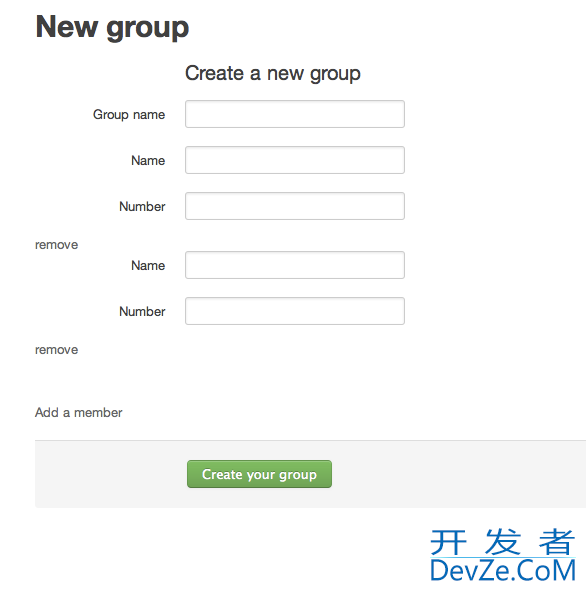Subscribe a button to trigger some function dynamically in C++?
I\'m trying to make a button class (abstract) so I can set what function is that button going to trigger when clicked dynamically when my program load.
0
0
0




![Interactive visualization of a graph in python [closed]](https://www.devze.com/res/2023/04-10/09/92d32fe8c0d22fb96bd6f6e8b7d1f457.gif)



 加载中,请稍侯......
加载中,请稍侯......
精彩评论